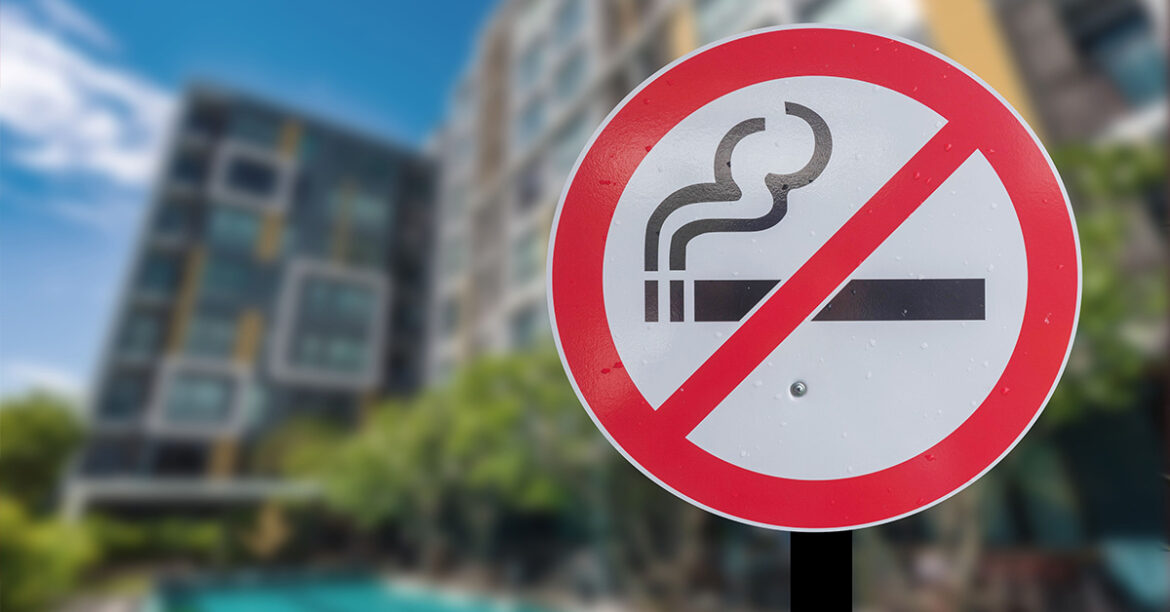
As mentioned in Part 1, published in last month’s community update, an association can prohibit smoking in the common elements/common areas by adopting a Rule. An association may also want to prevent smoking on balconies and patios. If the balconies and patios are limited common elements, then just like the common elements, the association can adopt a Rule prohibiting smoking in those areas. However, an association must carefully review its Declaration of Condominium and the boundaries of a unit because sometimes the balconies or patios are part of the unit.
A Rule prohibiting smoking in the units may not be sufficient, as it may not be considered “reasonable”. Many unit owners believe their unit is their castle and they can do whatever they want in their units. However, , second-hand smoke can be very dangerous and has led to millions of deaths. Therefore, some judges and arbitrators have found that second-hand smoke can be a nuisance.
As a first step, the association may want to consider whether it can prevent second-hand smoke by requiring: weather stripping in the doorway of the unit owned by the smoker; installation of an air filtration system in the unit owned by the smoker; or some other action that can be taken by the smoker in order to alleviate the disbursement of smoke to other units and the common elements. If there are other options, then the Board may want to adopt Rules requiring these reasonable actions to mitigate the transmission of second-hand smoke between units.
However, if an association wants to completely prohibit smoking in the units, a Rule may not be considered reasonable and may not be upheld. In order to avoid this risk, an association should instead consider amending its Declaration of Condominium. Properly adopted amendments are generally not subject to a challenge based upon reasonableness. In Hidden Harbour Estates, Inc. v. Basso, 393 So. 2d 637, 639 (Fla. 4th DCA 1981), the Court stated that “a use restriction in a declaration of condominium may have a certain degree of unreasonableness to it, and yet withstand attack in the courts.”
The amendment procedure for each Declaration of Condominium is different. Therefore, an association should consult its legal counsel to determine what is required to amend its Declaration of Condominium, and to obtain legal assistance in preparing such an amendment.






Recent Comments